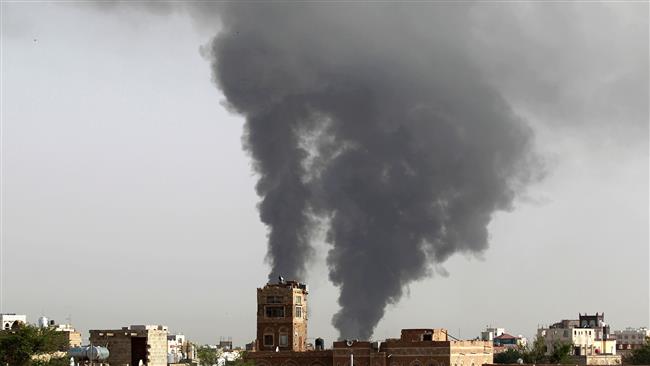
RNA - According to a report released by the Protection Cluster Yemen on Monday, the monthly average of airstrikes on Yemeni provinces for 2017 is nearly three times higher than that of 2016.
The cluster is part of the Global Protection Cluster, which is led by the UN refugee agency UNHCR, and organizes inter-agency aid work within the global body.
The report, compiled with the use of United Nations' open sources data, also notes that attacks on positions held by the Houthi Ansarullah movement have also steeply increased.
It also highlighted that Yemen, which is also dealing with a deadly cholera outbreak, is turning into "the largest humanitarian crisis in the world."
Last month, the UN announced that more than 17 million people in Yemen were currently food-insecure, of whom 6.8 million were severely food-insecure and in need of immediate aid.
It underscored that Yemen's conflict that has left 18.8 million people in need of assistance, including 10.3 million who require immediate assistance to save or sustain their lives.
The Saudi-led war is aimed at reinstating the former president, Abd Rabbuh Mansur Hadi, a staunch ally of Riyadh, and undermining the country’s Houthi Ansarullah movement.
The Houthi movement has been running state affairs since 2014, when Hadi resigned and fled to Riyadh before returning to Aden later. The movement has also been defending the country against the Saudi-led offensive.
The protracted war, which has also been accompanied by a naval blockade, has already killed over 12,000 Yemenis.
847/940